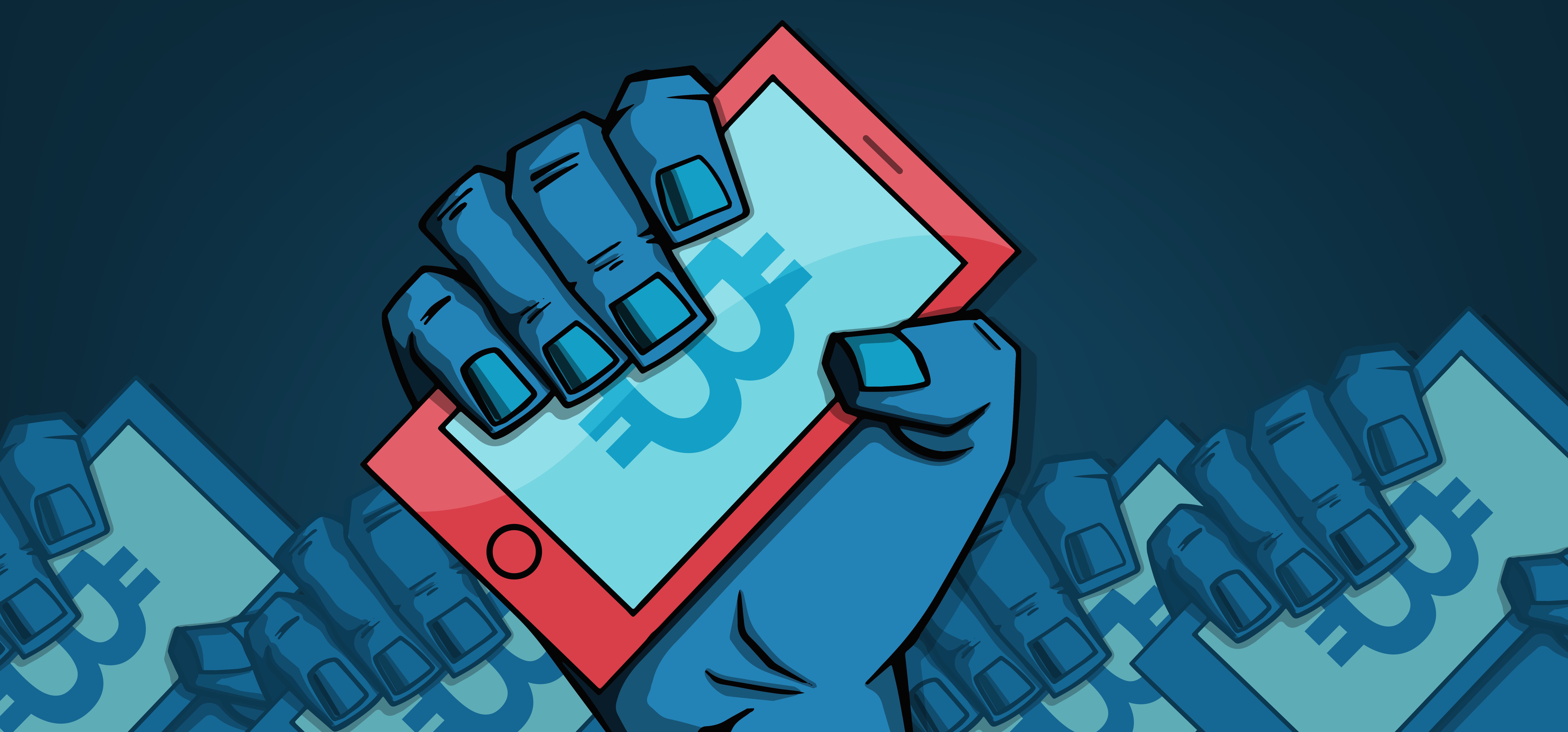There is no longer any doubt that widespread smartphone adoption will completely change the distribution game in Latin America. In Mexico’s case, 43% of the population has internet access and 27% have smartphones, which goes to show that, for a large segment of the population, mobile is internet . This gap will only close further as smartphones become more and more accesible and prevalent in the coming years.
As a web startup, these trends are exciting to see because, well, what’s there to not get excited about $25 smartphones putting the power of the internet within everyone’s reach? The inevitable question then becomes: what kind of value can we create for consumers within a world where online = mobile?
It’s definitely a question easier asked than answered. As Newton’s first law of motion states, “Every object in a state of uniform motion tends to remain in that state unless an external force is applied to it”–and this law has never held more true than when it comes to introducing new technologies in Mexico. Like many of its fellow Latin American countries, I’ve learned that Mexico has a culture deeply rooted in the old adage of “if it ain’t broke, don’t fix it”. As such, it has also shown slow rates of growth in spaces like e-commerce and payments.
The notable exception has been Facebook and Whatsapp (coincidence??), whose influence have thoroughly permeated Mexico. Setting aside the fact that these services are often subsidized and come as default on some carriers, there is likely something to the fact that they tackle fundamental human needs–like the need to socialize and communicate.
Applying the same logic to the fin-tech space, we thought: how can we create an essential tool for the basic needs of having to pay for goods and services?
Enter Bitcoin.
Make no mistake, Bitcoin is still a diamond in the rough and making it an approachable technology to people is not an easy feat (following Newton’s first law). But by shifting the focus away from what Bitcoin is to what it can do, we can begin to unlock a world of possibilities. What gets us particularly excited at Volabit is Bitcoin’s ability to transcend borders (not unlike the internet itself), a trait that is not only desirable, but also necessary in our increasingly globalized world.
As an added layer to existing financial systems, the Bitcoin protocol can dare to go where both banks and private payment companies have fell short. Paypal, for instance, works only with bank accounts and credit cards, which excludes more than 70% of the population, and charges hefty foreign exchange fees. Perhaps more importantly, it can also go where cash –the de facto mode of payment in Mexico– reaches its limitations.
Surely, scanning a QR code to pay is a strange and unfamiliar experience, but one can’t argue that it’s pretty neat to experience that priceless moment, when you pay online without having to risk credit card fraud (all too common in Mexico) and… IT JUST. WORKS.
The value for such alternative modes of payment, and for Bitcoin in general, may not be so clear for consumers in the U.S.—where having no cash is the norm—but for a cash-based society where there are no choices between the extremes of physical cash deposits and credit card transactions, cash-based mobile payments can add tremendous value.
It will be a tough nut to crack, but as long as Bitcoin companies can craft services that 1) offer real value, 2) are easy to use, and 3) instill a sense of fairness and trust, I have no doubt that Bitcoin’s potential can be unlocked in Latin America.
Regardless of whether Bitcoin will be the tool that fills the gap in Latin America’s payment space, one thing is for certain: mobile finance and mobile payments are here to stay. And I can’t find a better place to be than at the intersection of both the mobile and Bitcoin revolutions in Latin America.
Illustration by Arturo Trujillo





